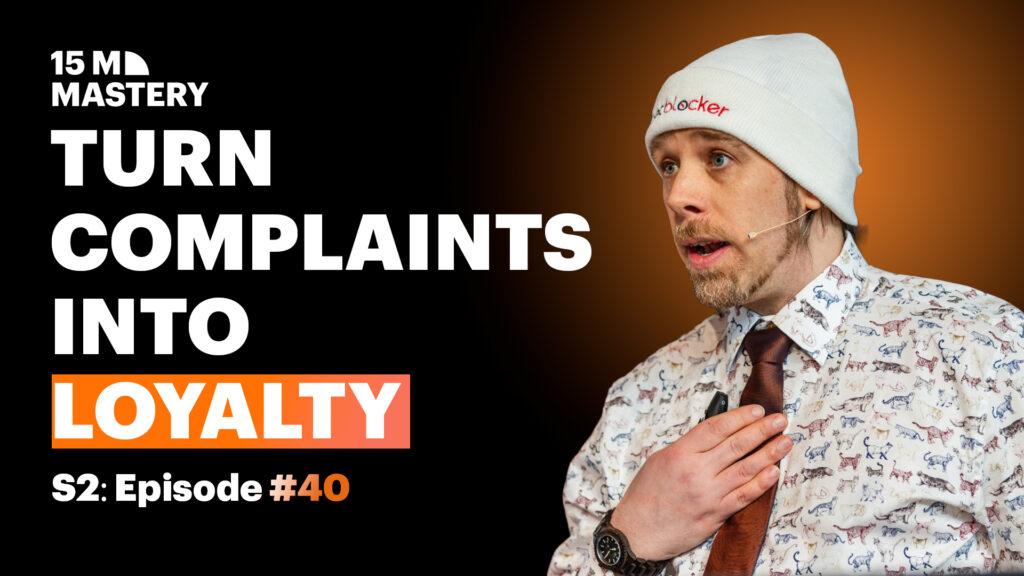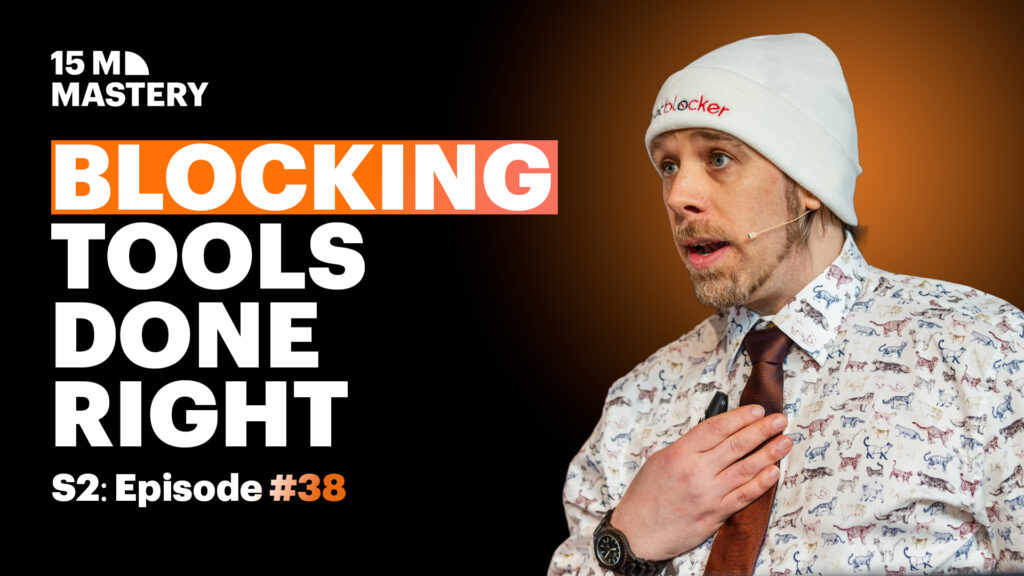Building a successful startup is a formidable challenge, but scaling it into a self-sustaining corporate entity presents an entirely different set of hurdles. According to Tim Heath, founder of Yolo Group and seasoned investor, the key lies in implementing policies, empowering your team, and stepping back at the right time. Here’s how to navigate this critical transition.
Implementing Corporate Policies Without Losing Agility
Introducing corporate structures can feel counterproductive for entrepreneurs accustomed to fast-paced decision-making. As Tim explains, it is essential to strike a balance between immediate growth and long-term stability.
“At the start, focus on making your first dollar. Corporate policies too early can hinder growth,” he advises. However, failing to establish processes at the right time risks stagnation. Policies for HR, transfer pricing, and roadmap development help ensure scalability.
The right timing is crucial. Tim cautions founders to collaborate with their leadership team and investors to set realistic timelines, typically planning policies 12 to 24 months in advance. This structured approach allows businesses to grow methodically while maintaining entrepreneurial energy.
Trusting Your Team and Stepping Back
One of the most challenging transitions for founders is stepping back from day-to-day operations. For Tim, this meant giving up control of finances, relinquishing operational responsibilities, and fully trusting his leadership team.
“At first, it’s terrifying to hand over control,” he admits. However, empowering a team to make decisions independently can unlock new growth opportunities. By stepping back, founders give their team the space to develop and innovate.
The key to success lies in hiring capable C-level executives, equipping them with clear policies, and creating a culture of accountability. Tim emphasizes the importance of empowering leaders to solve problems independently: “If you step in and answer their questions, you’re defeating the purpose of having them in place.”
The Supervisory Board Perspective
Tim’s shift to a supervisory board role has given him a broader view of business operations and industry trends. Operating from this vantage point enables founders to provide strategic insights without becoming bogged down in daily tasks.
“When you’re in the trenches, it’s hard to see the bigger picture,” he explains. From a distance, founders can assess initiatives more objectively and identify opportunities to optimise or scale. Tim notes that this perspective also allows leaders to learn from others in the industry and apply those lessons to their own business.
For example, a supervisory board member might recommend adopting best practices from a successful competitor or reconsidering a failing strategy. These insights, gained from a high-level overview, can steer the business toward sustainable growth.
Takeaways for Founders in Transition
Transitioning from a hands-on entrepreneur to a strategic leader isn’t easy, but the rewards are worth it. Here are Tim Heath’s top takeaways:
- Prioritise timing: Implement policies only when they’re essential for scalability.
- Trust your team: Hire leaders you believe in and empower them to make decisions.
- Step back strategically: Use your supervisory role to provide high-level guidance without micromanaging.
- Plan for sustainability: Build a business that can operate and thrive without your daily involvement.
Ultimately, this transition allows founders to focus on new ventures or personal growth while ensuring their business remains resilient. As Tim puts it, “It’s satisfying to wake up, know the business hasn’t crashed, and see it growing steadily.”
By following these principles, founders can transform their startups into enduring corporate entities, primed for long-term success.



.svg)


